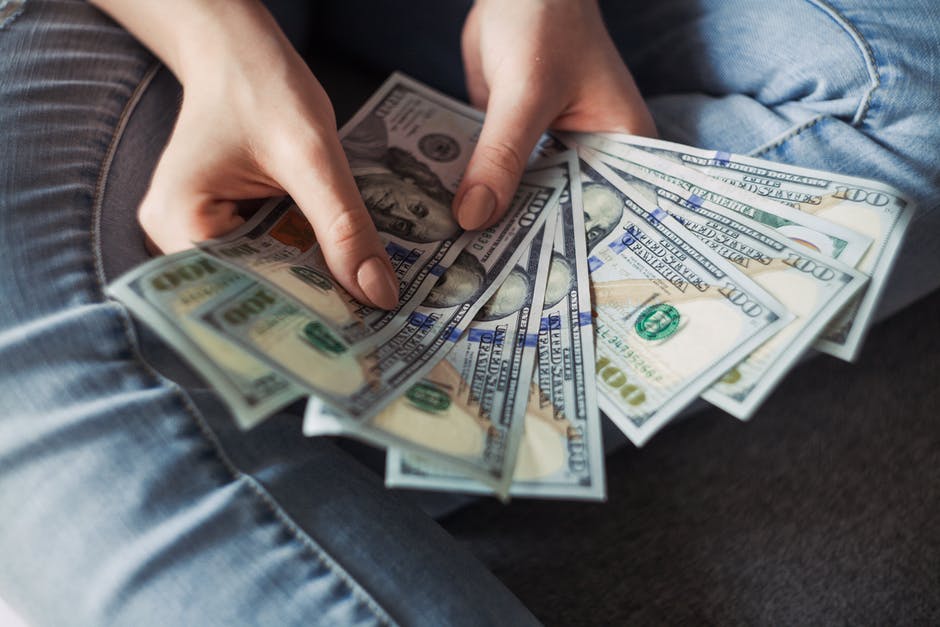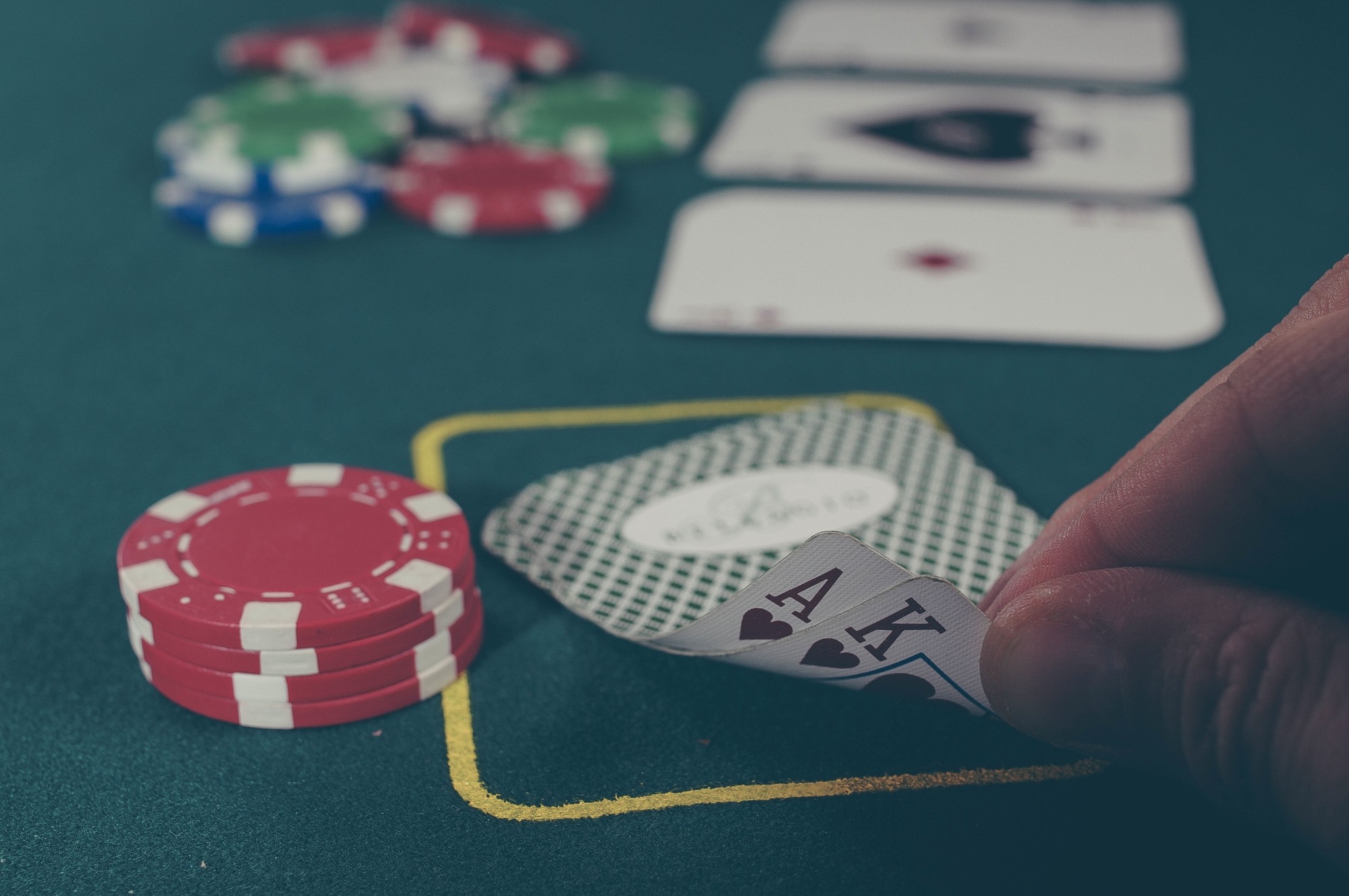Whether you’re interested in taking advantage of a great sale, need to pay your bills on time, or are faced with unexpected expenses, taking out a payday loan is often a great solution.
Payday loans are short-term loans, generally in amounts of $1,000 or less, that are a bit like getting an advance on your paycheck.
They’re ideal for those who are close to covering expenses but need just a small amount of extra cash. They also help people who know that they’ll have the money to pay for an expense when they get their regular paycheck but need to find a way to access that future money now.
Payday loans are fairly easy to get, but they carry a notoriously high interest rate.
However, since about 30% of Americans say they’re not currently able to afford an unexpected expense of $400, they’re the only option for many.
Unfortunately, lots of them end up defaulting on payday loans.
But what happens if you don’t pay back a payday loan?
Read on to find out.
Defining Default
So, what happens if you default on a payday loan?
First, let’s make sure you’re clear on what exactly the term “default” means, and why it happens to so many people.
Americans alone spend about $30 billion in a single year on payday and other short-term loans.
But when they apply for these loans, most are so desperate that they don’t stop to think about what might happen if they can’t pay them back.
If you default on any kind of loan, it means that you fail to pay back the loan according to the terms set out in the initial borrowing agreement with your lender.
This lender could be a bank, a credit union, an online lender, or another kind of financial institution.
If you’re applying for payday loans, it means that you likely don’t have a good credit score/history, so you needed to find a lender that wouldn’t do a credit check on you.
But because of the high interest rate, you quickly realize that the $400 payday loan you applied for ended up actually costing you well over $1,000 with interest. If you fail to make monthly payments, or if you consistently make them in a lower amount than what’s do, you’ll go into default.
What Happens If You Don’t Pay Back a Payday Loan?
Unfortunately, there are many serious financial consequences for payday loan default.
What happens if you don’t pay back a payday loan?
First of all, your credit score will take a serious hit. This makes it incredibly tough for you to get approved for any other type of loan in the future, even a mortgage on your home.
And even if you do manage to get approved for a loan?
You can expect the to have even higher interest rates than those already attached to your current payday loan.
If you continue to let payments slide, you may be served with a summons to appear in civil court.
Depending on the state you live in, the lender may even have the right to garnish your wages.
Can payday loans sue you?
In many states, the answer is a terrifying “yes.”
No one likes dealing with the shame and anxiety of debt collectors, constant calls, and bright red letters in the mail.
Now, let’s talk about your options for avoiding default.
Avoiding a Payday Loan Default
We know that hearing about what could happen to you if you default on a payday loan is frightening.
The best thing that you can do is to avoid ever getting into this situation in the first place. Many people mistakenly think that they need to “hide” from their lenders if they know they can’t make a payment.
However, contacting your lender is the first thing you should do.
Remember: you’re not the first person that’s had this problem, and you certainly won’t be the last. Talk to your lender about the possibility of an extended payment plan, or lowering your monthly payments.
You may also need to take out a personal loan in order to pay down your payday loan debt. Personal loans, like payday loans, also have a fast and simple approval process.
Often, they’re the only kind of loan that you can get if you’re currently behind on your payments with another lender.
Keep in mind that if you do apply for a personal loan, you will likely need to have a cosigner.
We also suggest that you speak to someone from the National Federation for Credit Counseling.
They’ll help you to understand your options and can even help you to work out a budget and repayment plan that works for you.
When all else fails, ask your friends and family if you can temporarily borrow money from them to pay back your loan.
Need Help Making Smarter Financial Decisions?
Now that you can answer the question, “What happens if you don’t pay back a payday loan?” you may have quite a few more inquiries about the best ways to manage your debt.
Whether you need to find a way to pay off your credit cards, your student loans, or just cushion your savings account, we can help.
Our blog provides non-judgemental financial advice in terms that you can actually understand.
We can also help you to go over your options if you’re thinking about applying for a loan to finance a new business.
Don’t end up trapped in a cycle of debt.
Read our blog posts every day to make sure you’re truly in control of your finances.



















